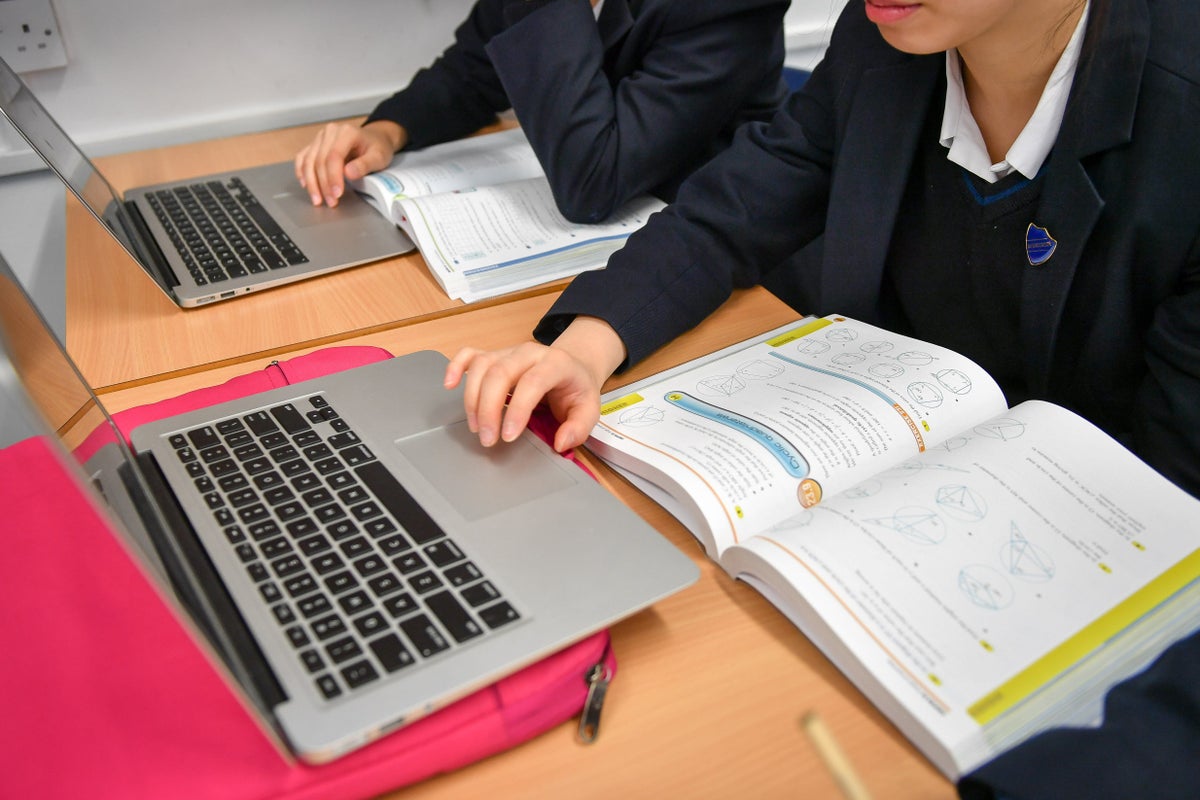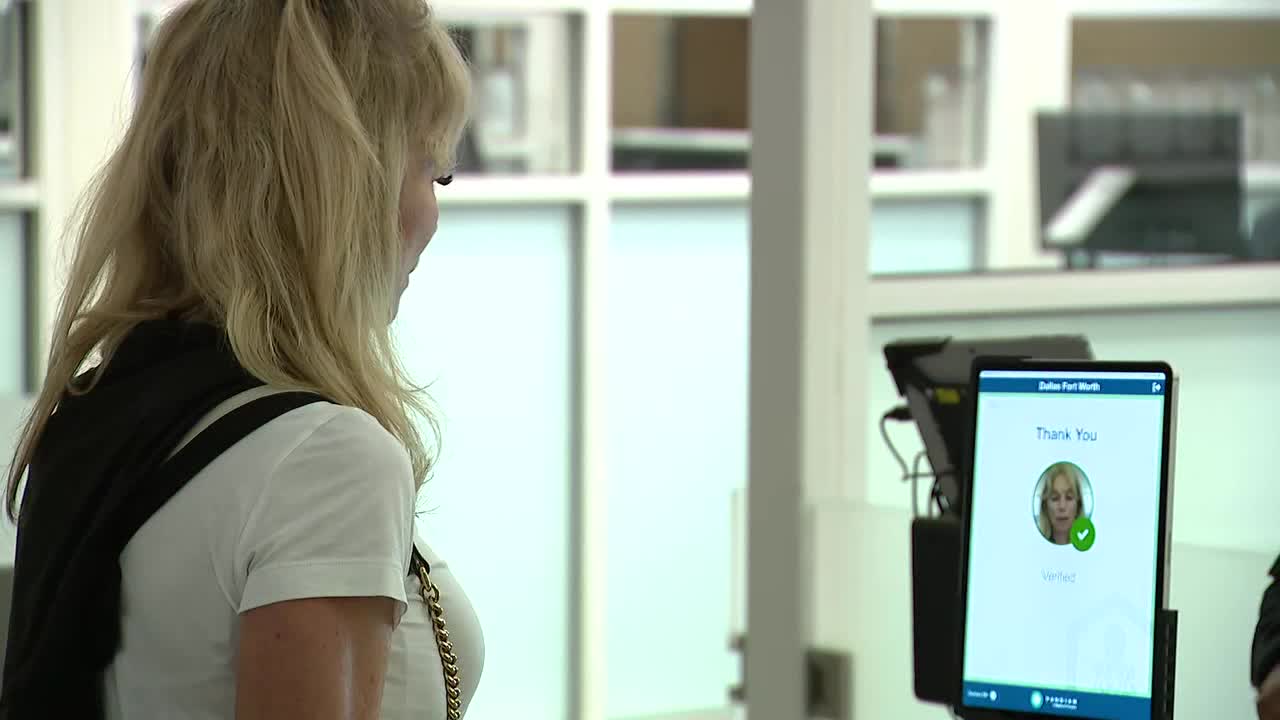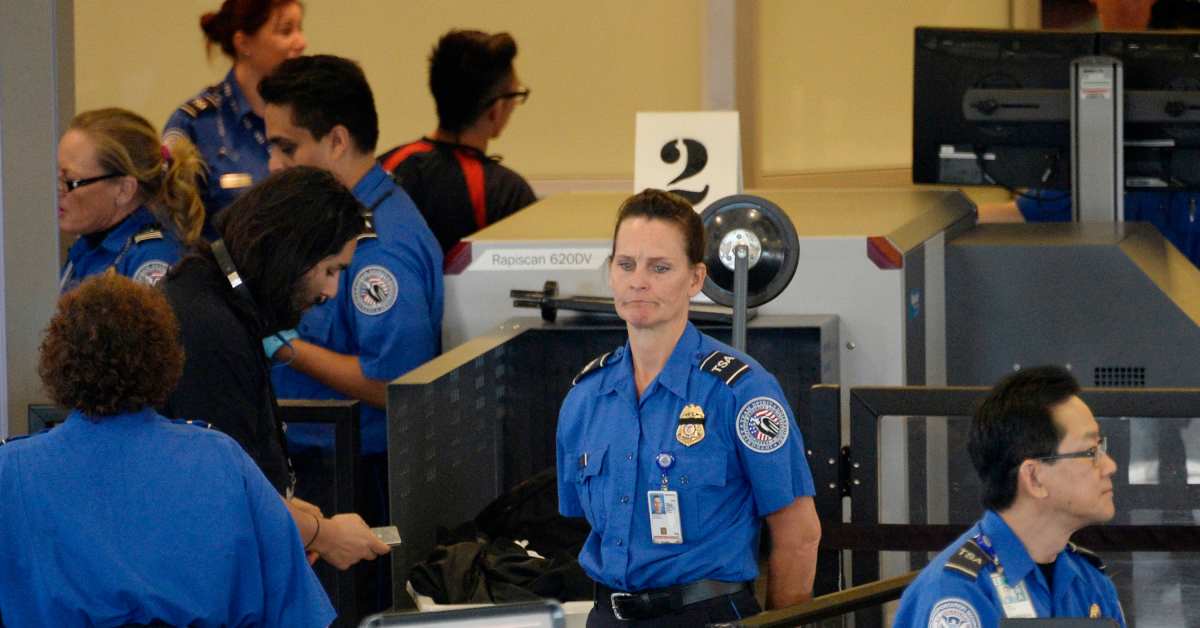TechFirst: Starmer's £250m Plan to Equip a Million UK Schoolchildren with Crucial Tech Skills
2025-06-08

The Mirror
Labour leader Keir Starmer has unveiled an ambitious £250 million initiative, dubbed 'TechFirst,' aimed at equipping a million UK schoolchildren with vital technology skills, including artificial intelligence (AI) and computing. This significant investment seeks to address the growing digital skills gap and prepare the next generation for the demands of a rapidly evolving job market.
Addressing the Digital Divide
The TechFirst scheme is a direct response to concerns about the unequal access to technology education across the country. While some schools boast state-of-the-art facilities and robust tech curricula, others struggle with outdated equipment and a lack of qualified teachers. Starmer’s plan aims to level the playing field, ensuring that every child, regardless of their background or location, has the opportunity to develop essential digital literacy.
Key Features of TechFirst
The initiative will focus on three core areas:
- Hardware Upgrades: A substantial portion of the funding will be allocated to providing schools with updated computers, tablets, and other essential hardware. This will ensure that students have access to the tools they need to learn and practice their skills.
- Teacher Training: Recognizing that technology changes rapidly, TechFirst will invest heavily in training teachers to deliver high-quality computing and AI education. This will include professional development workshops, online resources, and mentoring programs. The goal is to equip educators with the knowledge and confidence to inspire and guide their students.
- Curriculum Development: The scheme will also support the development of engaging and relevant computing and AI curricula, tailored to different age groups and learning styles. This will ensure that students are learning practical skills that are directly applicable to the real world.
Focus on AI and Computing
While the plan encompasses a broad range of technology skills, a particular emphasis will be placed on artificial intelligence (AI) and computing. These fields are rapidly transforming industries and creating new job opportunities. By introducing students to AI concepts and programming fundamentals, TechFirst aims to give them a head start in these high-growth sectors. The scheme will incorporate age-appropriate activities and projects designed to spark interest and foster a deeper understanding of these technologies.
Impact and Future Implications
Starmer argues that TechFirst is not just about preparing students for future jobs; it's about empowering them to become active and engaged citizens in a digital world. By fostering digital literacy, the scheme aims to promote innovation, creativity, and problem-solving skills. Critics, however, have questioned the practicality of the plan and the potential for bureaucratic delays. The success of TechFirst will depend on effective implementation, close collaboration between government, schools, and industry, and a sustained commitment to digital education. Ultimately, this initiative represents a significant step towards ensuring that the UK’s future workforce is equipped with the skills it needs to thrive in the 21st century.
The Bigger Picture
The announcement comes at a time of increasing national debate about the importance of STEM (Science, Technology, Engineering, and Mathematics) education. TechFirst aligns with broader government efforts to boost STEM skills and attract talent to the technology sector. It also underscores the growing recognition that digital literacy is no longer a luxury but a fundamental requirement for success in modern society.






